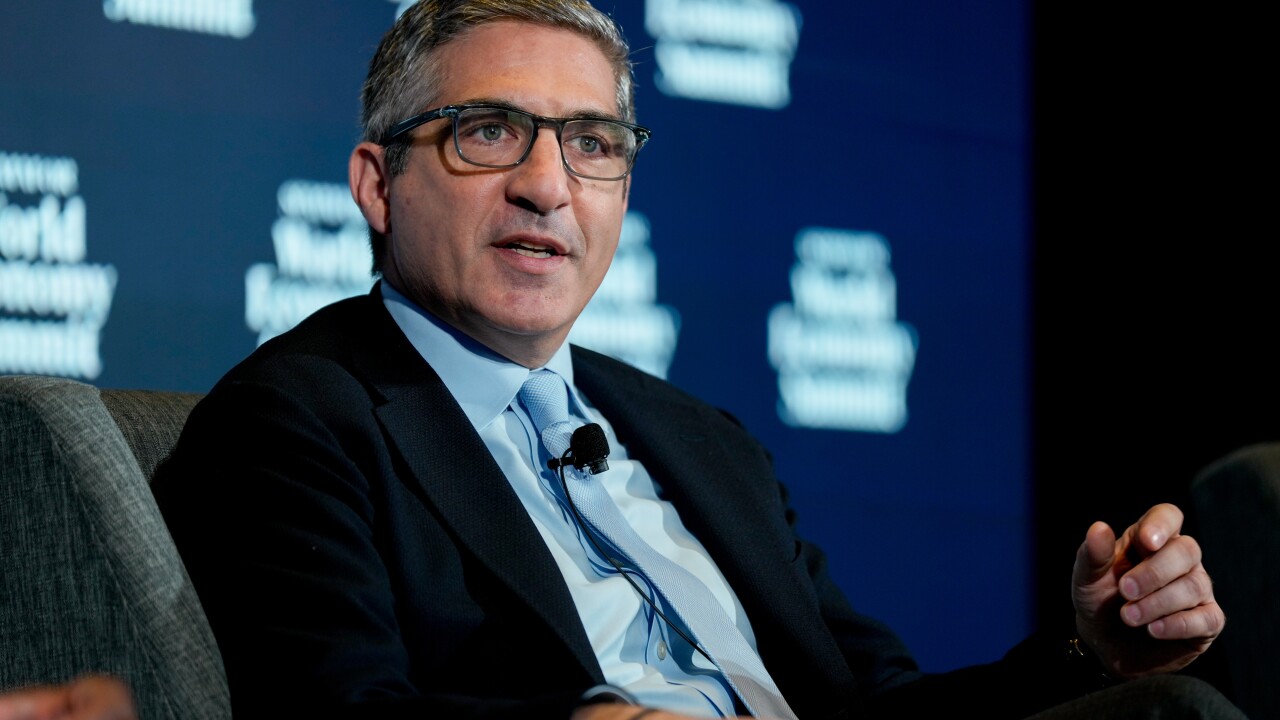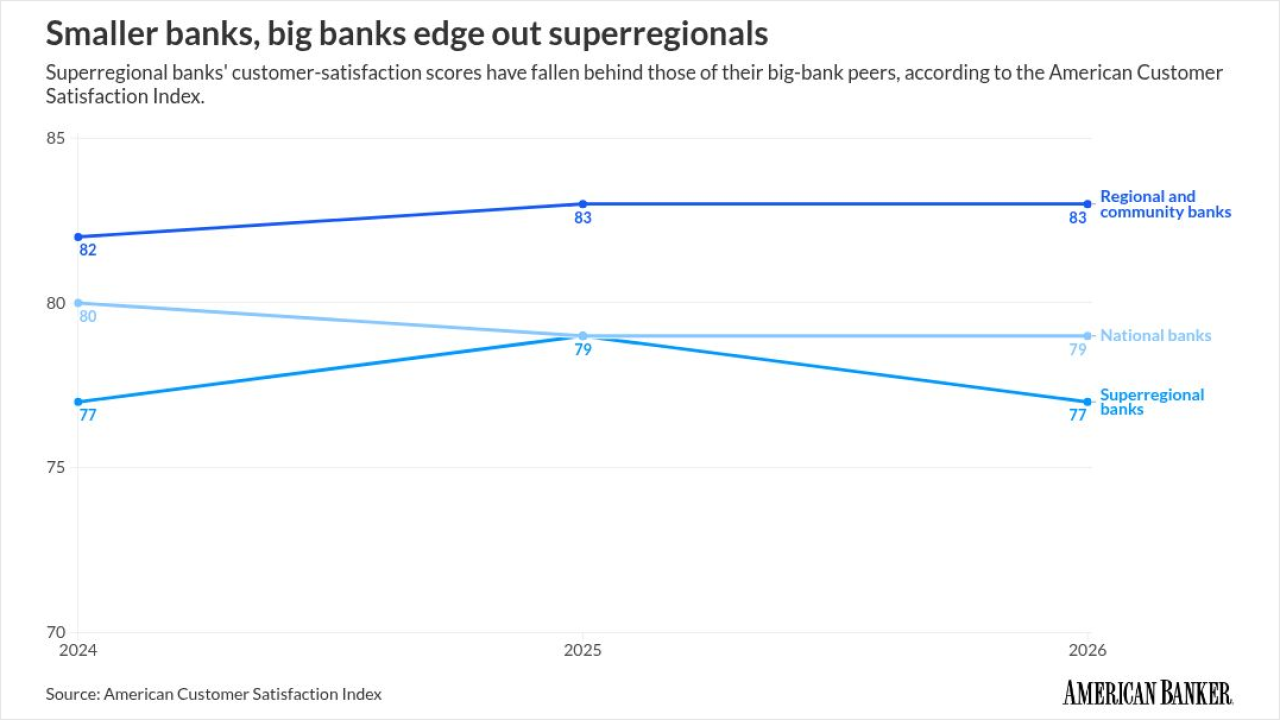hotcakes since the banking company announced plans to impose sales fees on new purchases. Thomas N. Howe, executive vice president and managing director of Fleet Investment Services, said sales of the Galaxy Funds in October were twice high as a year ago. He attributed the newfound enthusiasm on Fleet's decision to charge investors an up-front sales fee of 3.75% of assets on all Galaxy shares bought after Nov. 10. "Think about it, we're telling people it's their last chance to buy shares without a load," Mr. Howe said. "They've been flying out the door ever since." Providence, R.I.-based Fleet, which plans to merge with Shawmut National Corp. by yearend, announced in August that it would impose a so-called front-end load, scrapping a much vaunted no-load fund program in place since 1991. Mr. Howe said Fleet had $6.1 billion of mutual fund assets under management at Oct. 31 - 7% higher than the bank reported at the end of the second quarter, according to Lipper Analytical Services, Summit, N.J. To draw in more investors, Fleet placed advertisements in several New England area newspapers to promote the switch to a load structure. The ads proclaimed in bold letters "Big performance. Big savings," and highlighted the Galaxy Company Equity Fund and the Galaxy Asset Allocation Fund, which had above-average one-year returns of 41.15% and 24.26%, respectively. The ads ran throughout October and were accompanied by statement stuffers for current Fleet customers. Consumers were asked to visit a Galaxy investment specialist at a local branch, or to call a toll-free telephone hotline to buy the funds. "We've been absolutely swamped," said Jennifer Garcia, a telephone supervisor with the Shareholder Services Group, the Boston-based company that, among other mutual fund services, also coordinates telephone sales for the Galaxy Funds. "Our call volume has more than doubled from last month," Ms. Garcia added. "We're getting about 300 to 350 calls a day." Fleet's Mr. Howe would not disclose actual sales figures, but he said the response had been so good the bank decided to extend the deadline past Oct. 31 through November. "This is sort of a last-ditch effort to gather assets through direct marketing before the door slams," said Eli Neusner, a consultant with Cerulli Associates, Boston. "It's as good a tactic as any, but they could be giving off the wrong message - buy now or buy at your own risk later."
Processing Content





